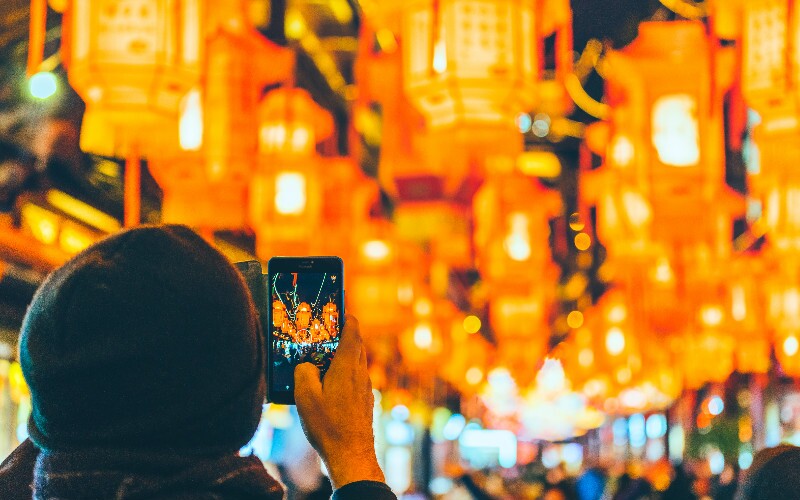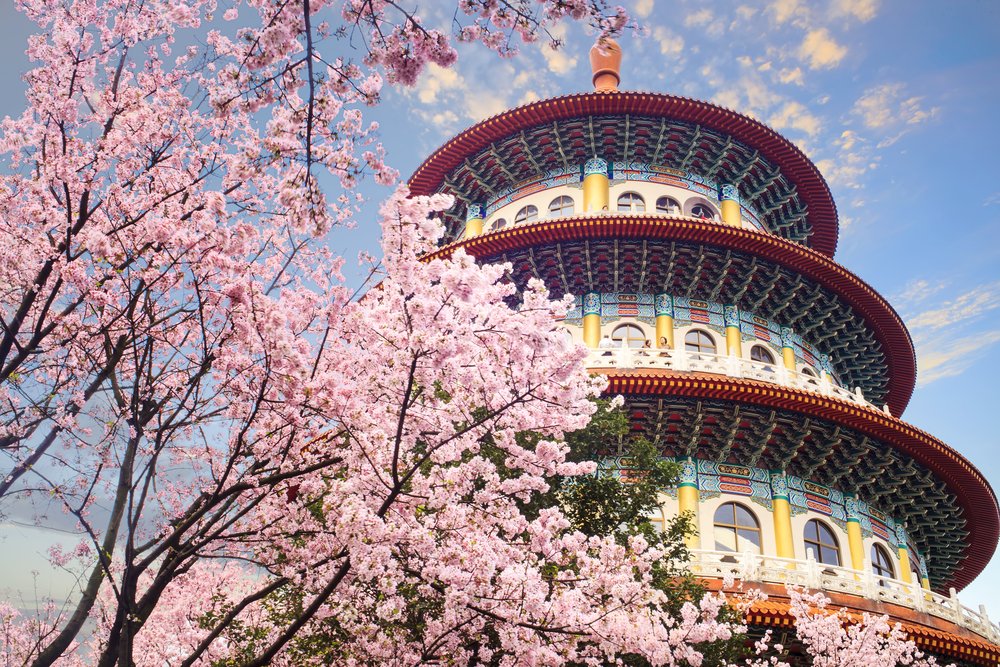
In 1875, during the late Qing era, a new official name was given ( Chinese: 基隆 pinyin: Jīlóng lit. 'person'), the noun root being replaced with the common Taiwanese Hokkien term for people, while the domain marker circumfix " ke-an" being reduced to just the prefix.

In this case, the Ketagalan people were the first inhabitants, and early Han settlers probably approximated "Ketagalan" with Ke-lâng ( Ketagalan: ke-, "domain marker prefix" + Taiwanese Hokkien Chinese: 儂 / 人 Pe̍h-ōe-jī: lâng lit. While it has been proposed that this name was derived from the local mountain that took the shape of a rooster cage, it is more likely that the name was derived from the first inhabitants of the region, as are the names of many other Taiwanese cities. '“rooster cage", "hencoop” or “chicken coop”' ). However, the Taiwanese people have long called the city Kelang ( Chinese: 雞籠 Pe̍h-ōe-jī: Ke-lâng/Koe-lâng lit. Davidson related that "Kelung" was among the few well-known names, thus warranting no alternate Japanese romanization. In his 1903 general history of Taiwan, US Consul to Formosa (1898–1904) James W. By the early 20th century, the city was known to the Western world as Kelung, as well as the variants Kiloung, Kilang and Keelung. The city was founded by the Spanish Empire in 1626, called La Santisima Trinidad.Īccording to early Chinese accounts, this northern coastal area was originally called Pak-kang ( Chinese: 北港 Pe̍h-ōe-jī: Pak-káng). Nicknamed the Rainy Port for its frequent rain and maritime role, the city is Taiwan's second largest seaport (after Kaohsiung). The city is a part of the Taipei–Keelung metropolitan area, along with the neibouring New Taipei city and Taipei. This material may not be published, broadcast, rewritten or redistributed without permission.Keelung ( / ˈ k iː ˈ l ʊ ŋ/) or Jilong ( / ˈ dʒ iː ˈ l ʊ ŋ/) ( pinyin: Jīlóng Hokkien POJ: Ke-lâng), officially known as Keelung City, is a major port city situated in the northeastern part of Taiwan.

Japan must take on concrete responsibilities in the Asia region,” he said.Ĭopyright 2022 The Associated Press. “It cannot just be at the level of thought, just words spoken out of one’s mouth. Ishiba said Japan had a responsibility to promote regional security, economic development and rule of law. Ishiba was accompanied by three other Japanese lawmakers - Yasukazu Hamada, Akihisa Nakashima and Takayuki Shimizu - who are all members of a cross-party national security group that is comprised of many who have served in the defense establishment. “We will continue to deepen our cooperation with Japan and other democratic partners to uphold the Indo-Pacific area’s peace and stability.” It’s also because on the issue of strategic safety Taiwan is a very critical line of defense of the first island chain,” Tsai said. “Safeguarding Taiwan is not only about safeguarding sovereignty. The group of Japanese lawmakers was welcomed by President Tsai Ing-wen and will also meet with Su Tseng-chang, president of the Executive Yuan, and representatives from Taiwan’s Defense Ministry. The group of Japanese lawmakers including two former defense ministers met with Taiwan's president on Thursday in a rare high-level visit to discuss regional security.

In this photo released by the Taiwan Presidential Office, Japanese lawmakers attend a meeting with Taiwan's President Tsai Ing-wen, unseen, at the presidential office in Taipei, Taiwan on Thursday, July 28, 2022. Tensions in the region have risen amid increasing assertiveness from China, whose authoritarian ruling Communist Party considers democratic, self-ruling Taiwan its own territory, to be annexed by force if necessary. to prevent conflict in the Indo-Pacific, saying the defense allies “had no choice” but to prepare. Ishiba noted that Japan is also working closely with the U.S. “We need to work together to reach consensus on this ahead of anything that could happen.” “We need to think ahead about what kind of situations could happen, what kind of laws and agreements we should prepare, and what kind of armaments we could use,” he said in prepared remarks at the Presidential Office. The delegation, led by lawmaker and former Defense Minister Shigeru Ishiba, said it wanted to reach an agreement with Taiwan on defense issues and prepare for any potential conflict in the region, while also seeking to prevent conflict from breaking out.

TAIPEI, Taiwan (AP) - A group of Japanese lawmakers including two former defense ministers met with Taiwan’s president Thursday in a rare high-level visit to discuss regional security.


 0 kommentar(er)
0 kommentar(er)
